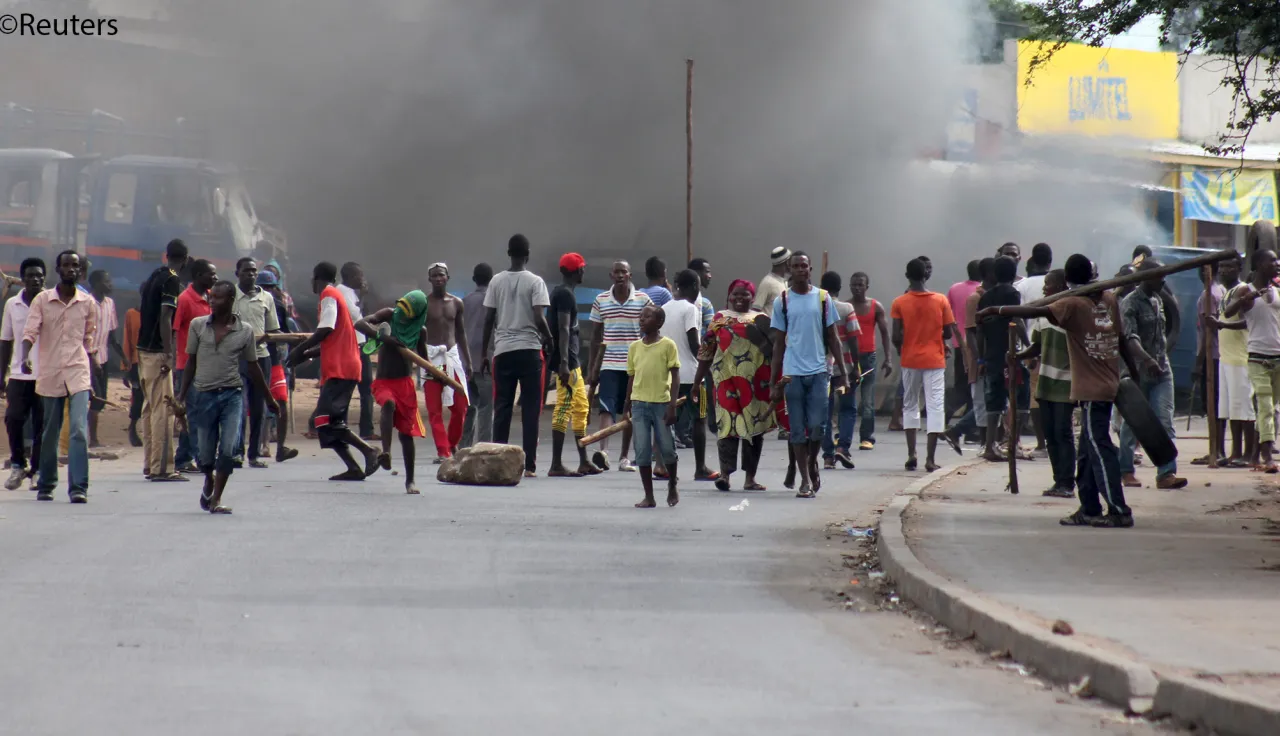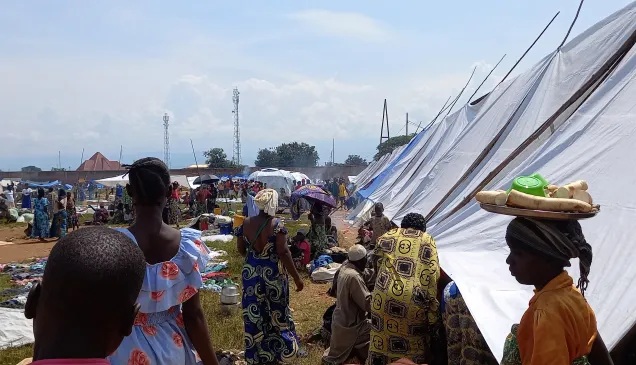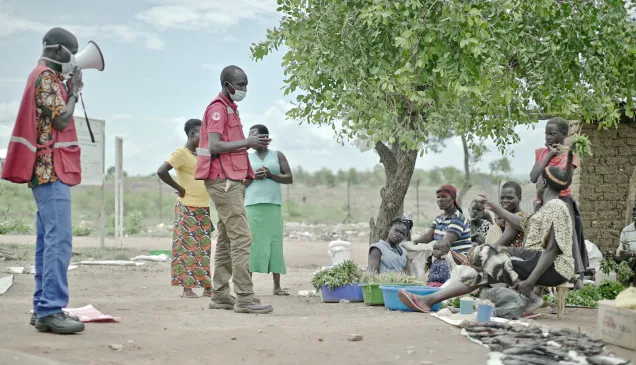Burundi: Worrying violence in run-up to election

The ICRC is very concerned about the rise in violence in the run-up to the election in Burundi. It is appealing for calm and is calling for Red Cross staff and volunteers to be allowed to do their work safely and to access those in need of help. Georgios Georgantas, head of the ICRC delegation in Burundi, shares his thoughts.
How would you summarize the humanitarian aspect of the current situation?
We are very troubled by the repercussions of the violence that has taken place in Burundi, especially the capital Bujumbura, since 26 April. Two weeks of demonstrations in the capital have left 12 dead and more than 200 wounded, and a number of people have been arrested.
Basic infrastructure – including the water supply and hospitals – has fortunately not been affected, and the rest of the country is relatively calm. But we are very worried about the longer-term impact on the country, especially on the economy, because public services are weak, many stores are still closed and some medical workers may not be able to get to work.
What is the ICRC doing to help the Burundian people?
We are working with the Burundi Red Cross, which has set up three first-aid posts in various neighbourhoods of the capital. To help the first-aiders do their job, we have provided 100 first-aid kits and 50 body bags along with logistical and communications support (radios, vehicles, fuel).
The situation in the country has caused thousands of Burundians to flee to Rwanda and the Democratic Republic of the Congo over the past three weeks. Together with our colleagues in the National Red Cross Societies of these two countries, we are helping separated family members get back into contact through written and telephone messages, and we are registering minors who have been separated from their parents.
Have you also taken preventive measures?
Yes. Before this period of pre-election violence, we regularly held training sessions on international humanitarian law for soldiers in the Burundian army who are called on to help the police with crowd control. Our colleagues have also trained Burundi Red Cross regional managers and volunteers in restoring family links, handling human remains and providing first aid.
And if the situation worsens, what will you do?
For us, what's important at this point is to be able to support the Burundi Red Cross and visit detainees to ensure that the conditions of detention comply with international standards. If the situation worsens, we are prepared to deploy additional resources with our colleagues from neighbouring delegations in order to help the Burundian people.



